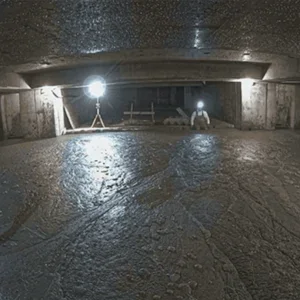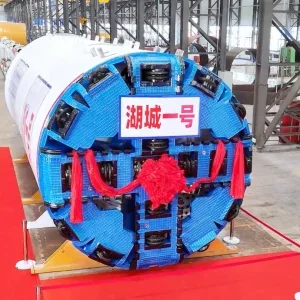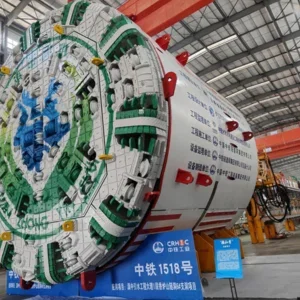Reports of a declining construction industry and a struggling European economy – inside and outside the Eurozone – with some countries dipping into recession, should ultimately affect the performance of the leading players in the tunnelling markets. While some are beginning to feel the pinch, local successes for others have challenged this assumption.
Involvement on some of the UK’s leading projects has boosted Morgan Est’s, six-month results. Turnover increased to US$281.1M for the first six months of 2003, up from US$200.1M for the same period last year. “This is a busy time for our business, our forward order book is still extremely strong with ongoing projects,” Graham Grundon, Morgan Est’s managing director, said. Ongoing projects include the Channel Tunnel Rail Link, and Heathrow Airport’s Terminal 5.
French giant Vinci reported consolidate net sales of US$9.6bn for the first six months of 2003, an increase of 2.1% compared with the same period in 2002. The group’s construction division actually saw a 5.7% increase in net sales – up to US$4.3bn. Vinci attributed this to “the start of an upturn in civil engineering, which is expected to get stronger”.
Co-patriots, Bouygues Construction, however, posted consolidated sales of US$2.5bn, down from US$2.75bn in the same period a year earlier. This, Bouygues said, was in line with the group’s forecasts.
Skanska‘s six-month report also reflects what it calls a “weak” construction market, with net sales of US$7.84bn, down from US$8.7bn for the same period a year earlier. Operating income was up to US$284.1M from US$126M. This was helped in a large part by the sale of commercial properties by the group. Operating income for the construction and services stream, however, was down to US$67.4M, down from US$131.8M for the first six months of 2002. “Civil construction in Skanska’s main markets is … expected to decline,” Skanska’s president, Stuart Graham, said. Only the markets in the Czech Republic and Poland are expected to grow.







